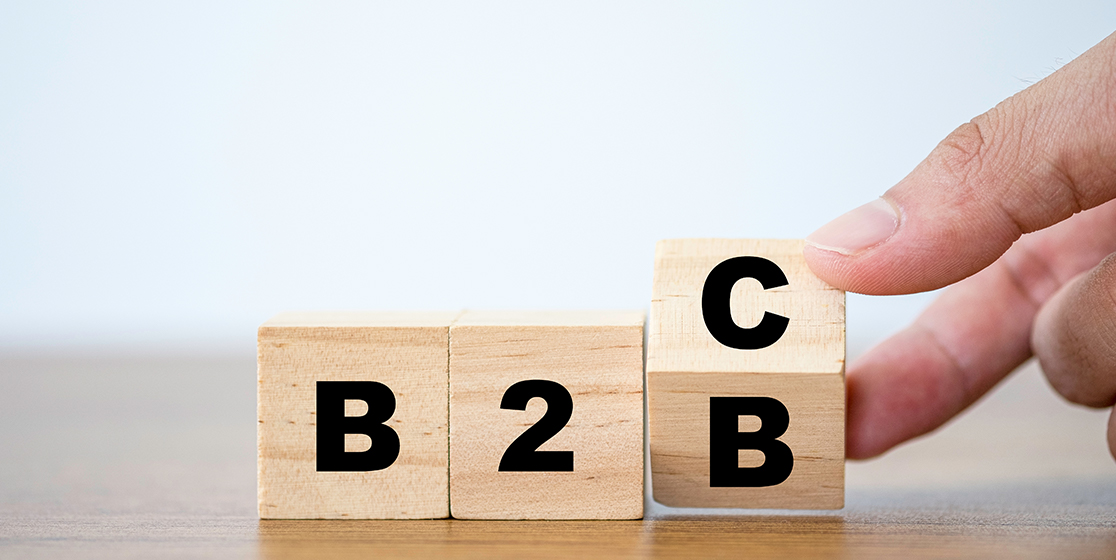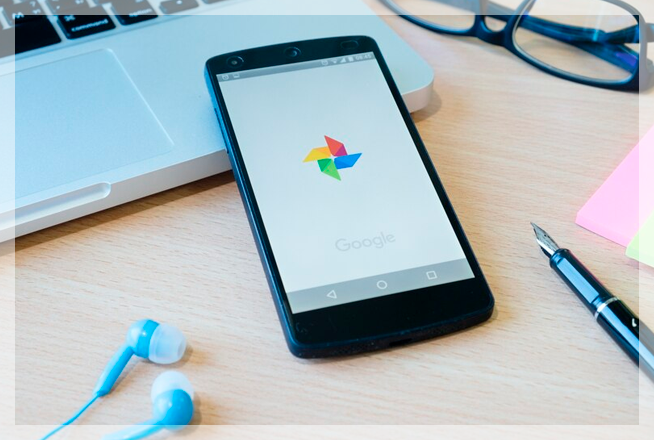WHAT DO B2B AND B2C MEAN?
Let’s break down the concepts of B2B and B2C clearly and directly—two essential terms for understanding how companies operate in today’s business world. So, let’s get straight to the point.

What does B2B really mean?
B2B stands for "business to business." In simple terms, it refers to transactions that take place between two companies. We’re not talking about selling to the final consumer, like you or me. Instead, it involves providing products or services that other companies need to operate, manufacture, resell, or offer their own services. Think of a factory that needs specialized machinery or a marketing agency that buys software to manage campaigns. This is B2B in action.
And B2C?
On the other hand, B2C stands for "business to consumer," that is, from a company to a consumer. This is more familiar territory since it’s what happens when a company sells directly to you, the consumer. For example, when you buy an appliance from a store or subscribe to a streaming service, you’re participating in a B2C transaction.
Key Differences Between B2B and B2C in Business
Although B2B and B2C may seem similar, they actually operate very differently in the business world. Let’s look at the key differences:
1.Buying Logic
In B2C, purchases are often more emotional and frequently impulsive. You see a good deal or something you like, and bam—you buy it without much thought. But in B2B, it’s different. Here, purchases are more rational, based on specific business needs, cost analysis, and return on investment. Companies don’t buy on a whim; they buy because they truly need something to keep things running or to improve efficiency.
2.Communication Style
In B2C, language tends to be simpler, more emotional, and direct. The goal is to capture the consumer’s attention, sometimes with humor or by tugging at their emotions. But B2B communication is a different story. Here, the language is more technical, specialized, and focused on the practical benefits of the product or service. The message must be clear and detailed because the buyer is a professional who knows exactly what they’re looking for.
3.Decision Time
When a B2C consumer decides to buy, it’s often done in minutes or even seconds, especially with impulse buys. But in B2B, the process is longer. It’s not uncommon for a purchasing decision to take weeks or even months. This is because several people are often involved, such as managers, directors, or even the finance department. Each purchase is carefully evaluated, considering long-term benefits.
4.Customer Expectations
Nowadays, customers—whether in B2C or B2B—not only compare you with others in your sector. They also compare you with the best experiences they’ve had in any area. So, if a B2B client has had a smooth and satisfying experience with another company, they’ll expect the same when dealing with you. The bar is high, and companies must offer top-quality experiences regardless of the industry.
5.Mobile Impact in B2B
Don’t think that mobile devices are just for end consumers. Increasingly, B2B buyers use smartphones and tablets to research, compare, and even make purchasing decisions. While B2B transactions may be more complex, the trend toward mobility is undeniable. If your website or platform isn’t optimized for mobile, you’re missing a big opportunity to capture these buyers’ attention.
What Motivates B2B Buyers?
Finally, let’s talk about what motivates B2B buyers. In this field, buyers are not swayed by flashy offers or clever ads. What they seek are effective solutions to their problems, productivity improvements, and products or services that help them reduce costs or increase revenue. B2B clients are professionals in their field, deeply knowledgeable about what they need. That’s why B2B sales require a more consultative approach and less persuasion. You must demonstrate that you understand their problems and that your product or service is the solution they’ve been looking for.
What Motivates B2C Buyers?
In contrast, in the B2C world, purchasing motivations are more diverse and closely tied to emotions, convenience, and immediate satisfaction. B2C consumers want products that offer instant gratification, whether in the form of pleasure, convenience, or an improvement in their quality of life. Factors such as price, promotions, brand image, and recommendations from other consumers play a crucial role in their decisions.
B2C customers are equally diverse in their profiles. Some seek the best deals, others are loyal to certain brands, and many are influenced by trends and advertising. Unlike B2B, where decisions are more rational, in B2C purchases tend to be more impulsive and driven by personal desires. Here, the challenge for companies is to capture and retain the consumer’s attention by providing an attractive and satisfying shopping experience.
In summary, whether in B2B or B2C, understanding customer motivations and adapting your approach to meet their specific needs is key to your company’s success. Each type of customer has different expectations, and your ability to meet them will determine your position in the market.
Other entries in the Blog about Distribution B2B

MARKET RESEARCH: How to Conduct a Market Study for a Product

BENEFITS OF EXPORTING FOR A BUSINESS

Guide to organize an exhibition
